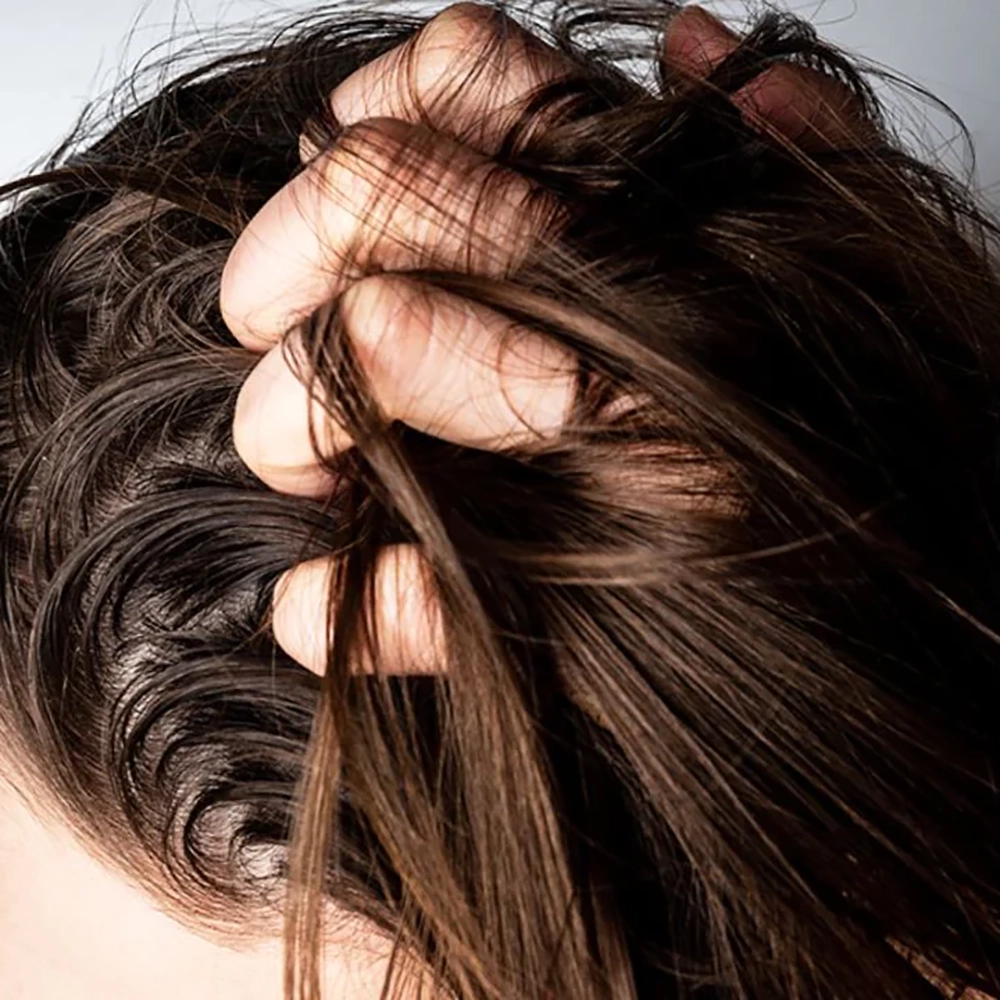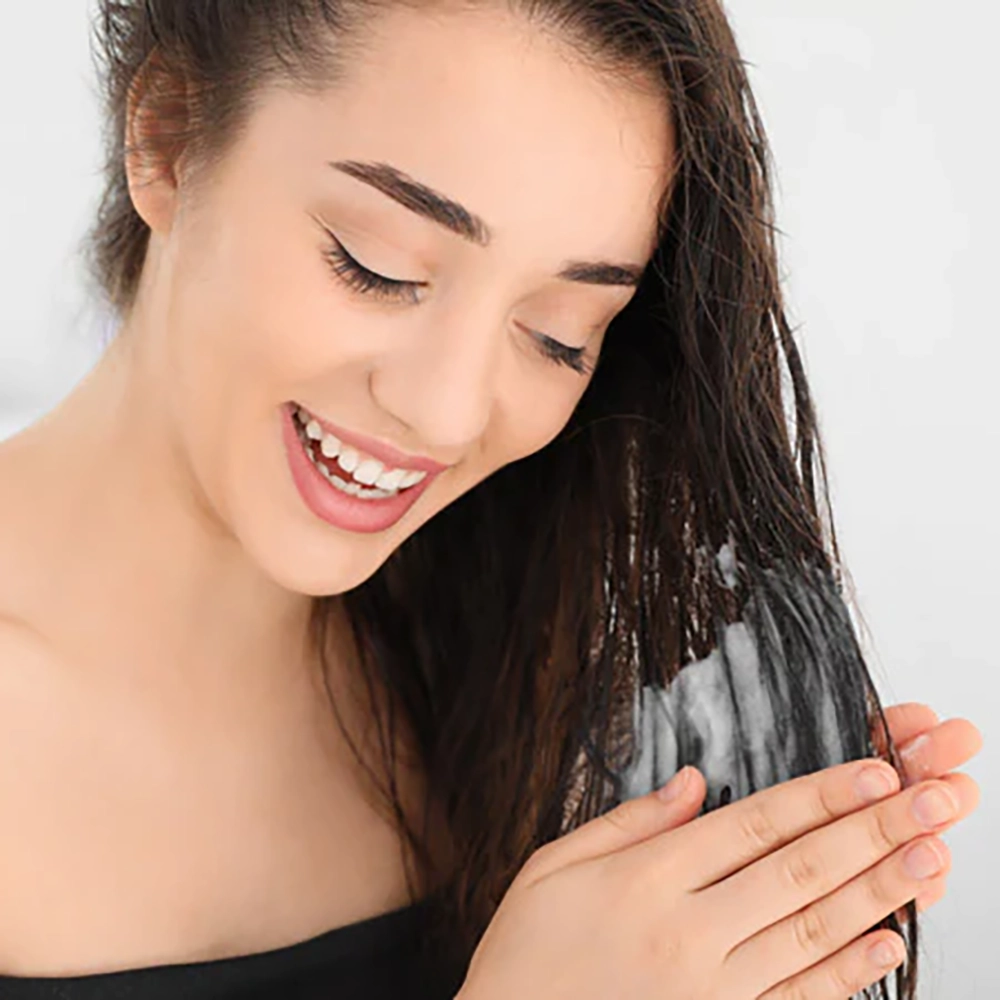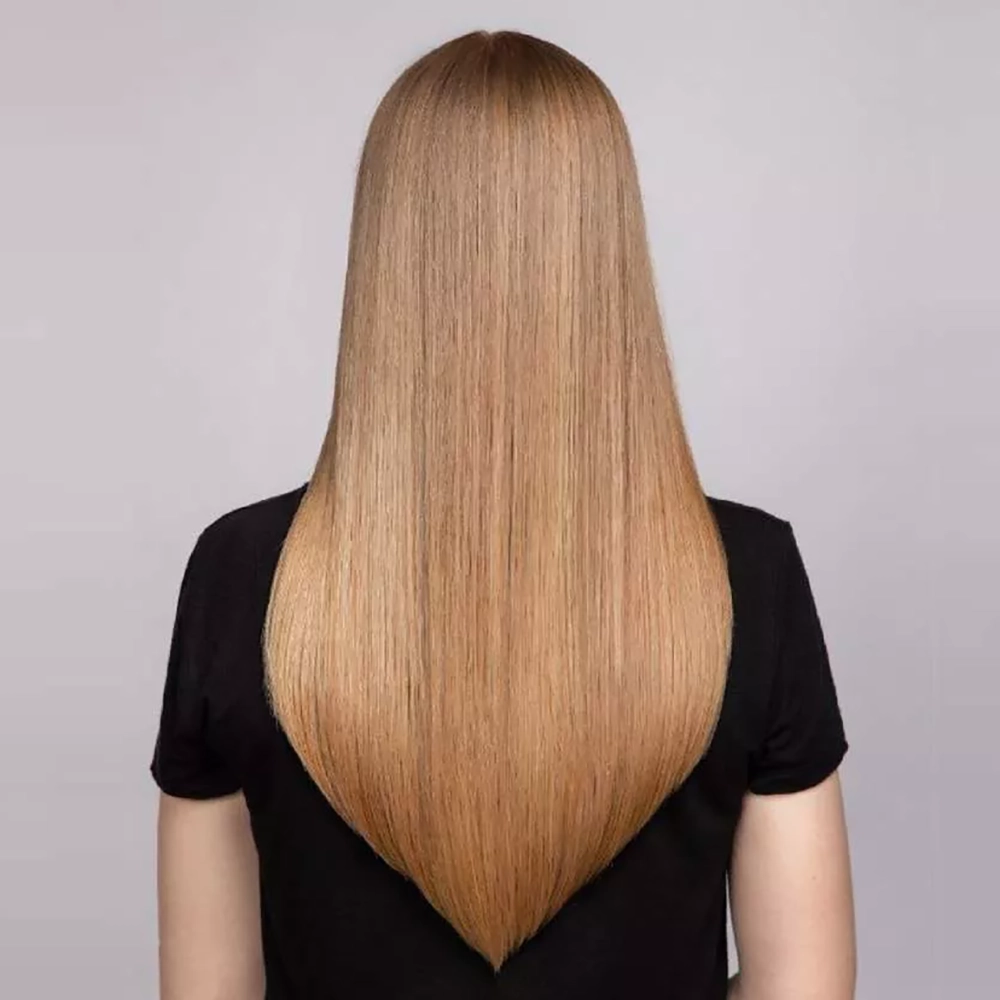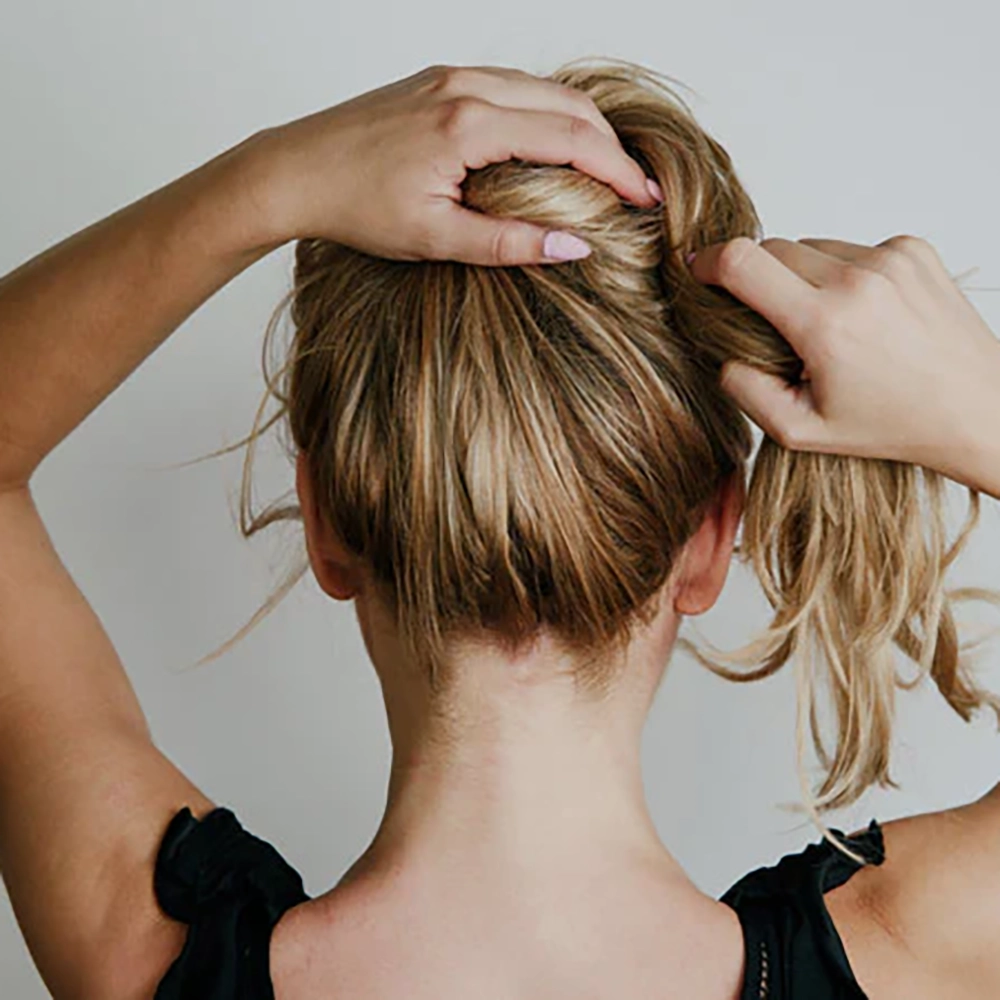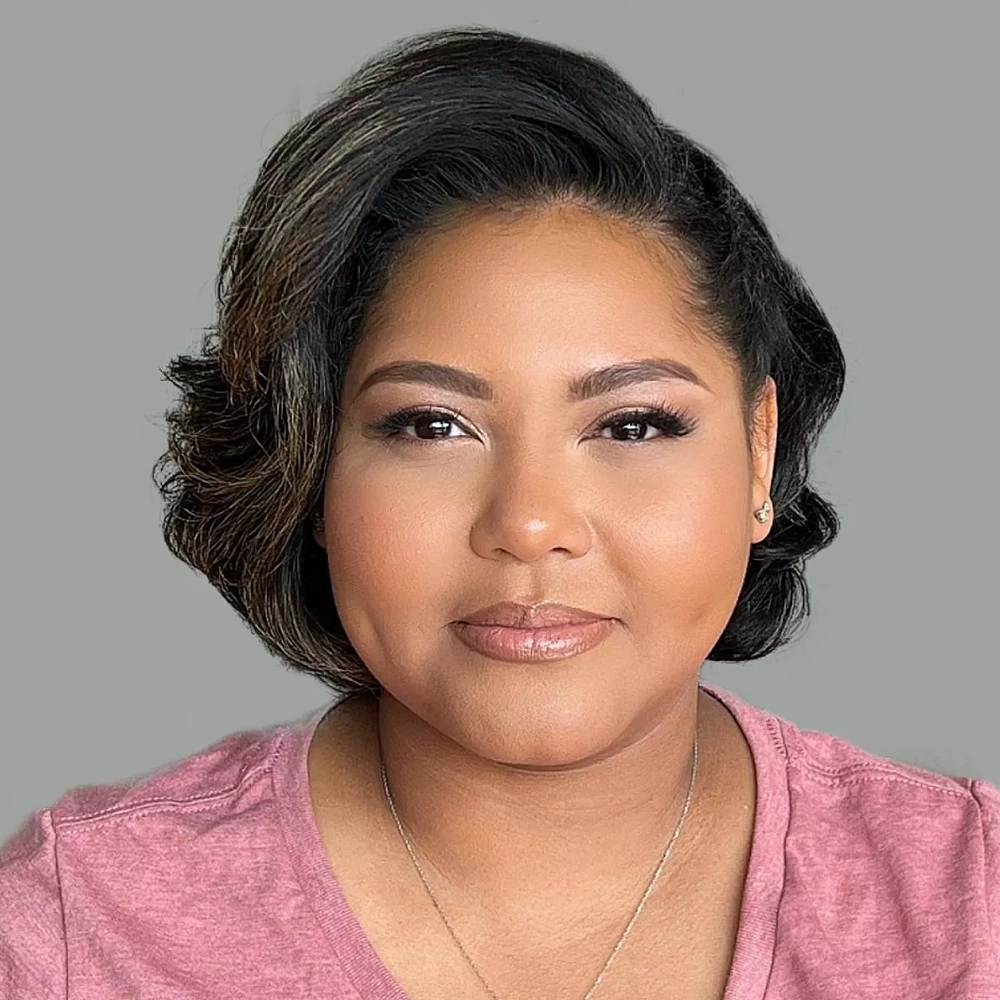Understanding the science of grease
Grease is a commonly used term to describe the oily and sticky substance that often accumulates in our hair. It can make our hair look dirty and unattractive, and can be a constant battle to manage. But have you ever wondered what exactly causes this greasiness and how it can be understood from a scientific standpoint?
The greasiness of our hair is primarily influenced by the production of sebum, a natural oil that is secreted by the sebaceous glands in our scalp. Sebum plays a crucial role in keeping our hair and scalp moisturized and protected. However, when there is an excessive production of sebum, it can lead to an oily and greasy appearance.
The level of greasiness in our hair can also be affected by various factors. One significant factor is the type of hair we have. Individuals with straight hair tend to have greasier hair compared to those with curly or wavy hair. This is because the oil from the scalp can easily travel down the hair shaft in straight hair, whereas it gets trapped in the curls of curly or wavy hair.
Furthermore, the length of our hair can also impact its greasiness. Longer hair tends to accumulate more grease as it has more surface area for the sebum to spread and distribute. On the other hand, shorter hair is less prone to greasiness as there is less hair for the sebum to adhere to.
To effectively manage greasy long hair, it is essential to adopt certain tips and practices. Firstly, it is important to wash your hair regularly using a mild shampoo that is specifically formulated for oily hair. Additionally, avoiding over-brushing your hair and using hot styling tools sparingly can help minimize the greasiness. Lastly, incorporating a balanced diet and staying hydrated can also contribute to healthier hair and reduce excessive sebum production.
Despite common beliefs, certain myths and misconceptions exist when it comes to greasy long hair. One common misconception is that frequent washing can exacerbate greasiness. However, washing your hair regularly with the right products can actually help control the oiliness. Another myth is that greasy hair is a result of poor hygiene, but in reality, it is mostly influenced by genetic and hormonal factors.
In conclusion, understanding the science behind greasiness can help us better manage and maintain our long hair. Factors like the production of sebum, hair type, and length all play a role in the accumulation of grease. By following the right practices and debunking misconceptions, we can keep our hair healthy and grease-free. So remember, embrace the science and take control of your hair!
Factors affecting greasiness of long hair
Long hair can be both a blessing and a curse. While it can be beautiful and versatile, it also has a tendency to become greasy more quickly compared to shorter hair. The greasiness of long hair can be influenced by various factors, which we will explore in this blog post.
Hormonal balance: One of the main factors affecting the greasiness of long hair is the hormonal balance within our bodies. Hormones such as androgens can stimulate the production of sebum, the natural oil produced by our scalp. When hormonal imbalances occur, it can lead to an overproduction of sebum, making the hair appear greasy.
Scalp health: The health of our scalp plays a significant role in the greasiness of long hair. A healthy scalp ensures proper sebum distribution and prevents excess oil buildup. Factors such as dryness, dandruff, or scalp conditions like seborrheic dermatitis can disrupt this balance and contribute to greasiness.
Hair care routine: The way we care for our hair can also influence how quickly it becomes greasy. Overwashing or using harsh shampoos can strip the scalp of its natural oils, causing it to compensate by producing more sebum. On the other hand, not washing hair frequently enough can lead to a buildup of oils and dirt, resulting in greasiness as well.
Diet and lifestyle: Believe it or not, our diet and lifestyle choices can affect the greasiness of our long hair. Consuming a diet high in greasy and fried foods may increase sebum production, leading to oilier hair. Additionally, stress and lack of sleep can disrupt hormonal balance and contribute to greasiness.
By understanding these factors, we can make informed choices when it comes to managing the greasiness of long hair. From adopting a balanced diet to using gentle hair care products and maintaining a healthy scalp, there are various ways to keep greasiness at bay. Remember that each individual’s hair may react differently, so it may take some experimentation to find the best routine for your specific hair type and needs.
The role of sebum in hair greasiness
The Role of Sebum in Hair Greasiness
When it comes to hair greasiness, one of the key factors that plays a major role is sebum. Sebum is an oily substance that is naturally produced by the sebaceous glands in the scalp. Its main function is to moisturize the hair and scalp, keeping them healthy and protected. However, an excessive amount of sebum can lead to greasy hair, causing frustration and the need for frequent washing.
Sebum acts as a natural conditioner for the hair, providing moisture and necessary lubrication. It helps to prevent the hair from becoming dry and brittle, maintaining its smoothness and shine. However, when there is an overproduction of sebum, it can result in greasy hair that appears limp and oily.
There are several factors that can influence the production of sebum and contribute to hair greasiness. One such factor is hormonal imbalance. Hormones, such as androgens, can stimulate the sebaceous glands to produce more sebum. This is often observed during puberty, when hormonal fluctuations are common.
In addition to hormonal factors, certain lifestyle choices can also impact sebum production and hair greasiness. For instance, poor diet and an unhealthy lifestyle can disrupt the balance of sebum production. Consuming excessive greasy and oily foods, as well as not drinking enough water, can lead to the overproduction of sebum.
In summary, sebum plays a crucial role in hair greasiness. While it is necessary for maintaining healthy hair, an excessive amount can result in greasy and oily locks. Hormonal imbalances and lifestyle choices can contribute to the overproduction of sebum, leading to the frustration of dealing with greasy hair. Understanding the role of sebum in hair greasiness can help individuals manage and prevent excessive oiliness, promoting healthier and more manageable hair.
Hair type and its impact on grease accumulation
When it comes to managing greasy long hair, one important factor to consider is hair type. Different hair types have varying levels of sebum production, which directly impacts the accumulation of grease on the scalp and strands. Understanding how your hair type affects grease accumulation can help you develop effective strategies for keeping your locks clean and fresh.
Firstly, let’s discuss the characteristics of different hair types. Fine hair tends to have a smaller diameter and is more prone to oiliness due to its smaller surface area. This makes it easier for sebum to travel down the strands, leading to quicker grease build-up. On the other hand, thick hair has a larger diameter, allowing for better sebum distribution and reducing the visibility of grease. However, thick hair may still accumulate grease at the roots if not properly managed.
Secondly, the amount of sebum produced by the scalp varies among individuals with different hair types. People with oily hair typically have overactive sebaceous glands, producing excessive sebum. This surplus of oil can quickly make the hair appear greasy. Normal hair types have a balanced sebum production, resulting in hair that stays clean and fresh for longer periods. Meanwhile, those with dry hair have sebaceous glands that produce less sebum, making it more difficult for the oil to reach the hair strands, leading to less grease accumulation.
- Keep your hair type in mind when choosing hair products. For fine hair, opt for lightweight, oil-free products that won’t weigh down your locks. Thick hair may benefit from moisturizing shampoos and conditioners that won’t strip away natural oils.
- Washing frequency is crucial for managing greasy hair. Those with oily hair types may need to wash their hair more frequently, while individuals with dry hair can extend wash days to avoid stripping away the limited natural oils.
- Styling techniques can also impact grease accumulation. Avoid applying excessive heat or heavy styling products, as they can cause the hair to become greasier. Light, more natural styles that don’t require heavy products are ideal for managing greasy hair.
| Hair Type | Sebum Production | Grease Accumulation |
|---|---|---|
| Fine Hair | Higher | More prone to grease build-up |
| Thick Hair | Lower | Less visible grease accumulation |
| Oily Hair | Excessive | Quick grease build-up |
| Normal Hair | Balanced | Stays clean for longer periods |
| Dry Hair | Less | Less grease accumulation |
How long hair length affects greasiness
Long hair has always been associated with beauty and femininity. However, long hair also comes with its fair share of challenges, one of them being greasiness. If you have long hair, you may have noticed that it tends to get greasier much faster than shorter hair. But why does this happen? And what can you do to manage it?
Understanding the science of greasiness
Before we delve into the impact of hair length on greasiness, let’s first understand why hair gets greasy in the first place. The main culprit behind greasiness is sebum, a natural oil produced by our scalp. Sebum plays a crucial role in keeping our hair and scalp moisturized, but an excess of it can lead to greasy hair. When sebum mixes with sweat, dirt, and other impurities, it can weigh down our hair and make it look oily.
Factors affecting greasiness of long hair
Now that we know the role of sebum in hair greasiness, let’s explore how hair length affects the accumulation of grease. One factor to consider is the distance between the scalp and the ends of the hair. In long hair, this distance is much greater compared to shorter hair, allowing more time for sebum to travel down the strands. Additionally, the larger surface area of long hair means there is more space for sebum to spread, leading to a greasier appearance. Lastly, the weight of long hair can contribute to the flattening of hair follicles, making it easier for sebum to accumulate.
Tips for managing greasy long hair
If you have long hair and struggle with greasiness, fret not! There are several tips and tricks to help you manage and combat greasy hair. Firstly, consider washing your hair less frequently. Over-washing can strip away the natural oils, causing your scalp to produce even more sebum. Opt for a gentle shampoo and conditioner specifically designed for oily hair. Additionally, avoid applying heavy products or conditioners to the roots of your hair, as these can weigh it down and make it appear greasier. Lastly, try to keep your hands away from your hair throughout the day, as the oils from your hands can transfer onto your strands.
Myths and misconceptions about greasy long hair
When it comes to greasy long hair, there are plenty of myths and misconceptions floating around. One common myth is that frequent brushing can distribute sebum and make your hair less greasy. However, excessive brushing can actually stimulate the production of sebum and worsen the greasiness. Another misconception is that using a clarifying shampoo will solve all your greasy hair woes. While clarifying shampoos can help remove buildup, they can also strip away essential oils, leading to a rebound effect. It’s important to find the right balance and choose products that suit your hair type.
In conclusion, the length of your hair can indeed affect its greasiness. The longer the hair, the more prone it is to greasiness due to factors such as increased distance between the scalp and ends, larger surface area, and the weight of the hair. However, with the right tips and proper hair care routine, you can manage and maintain beautiful, grease-free long locks. Embrace the beauty of your long hair while keeping greasiness at bay!
Tips for managing greasy long hair
Having greasy long hair can be a real struggle. It often feels like no matter what you do, your hair always ends up looking oily and flat. However, there are several tips and tricks that can help you manage greasy long hair and keep it looking fresh and voluminous. By adopting the right hair care routine and making a few changes to your styling habits, you can say goodbye to greasy hair days for good.
1. Wash your hair regularly: The first step in managing greasy long hair is to establish a regular washing routine. Washing your hair every other day or every two days can help remove excess oil and dirt from your scalp, preventing it from building up. Choose a gentle shampoo that is specifically designed for oily hair and massage it into your scalp to effectively cleanse your hair.
2. Avoid over-brushing: Brushing your hair too often can stimulate the production of sebum, the natural oil produced by your scalp. This can lead to greasier hair. Instead, opt for a wide-toothed comb or your fingers to detangle your hair and limit brushing to when it is necessary.
3. Use dry shampoo: Dry shampoo can be a lifesaver when it comes to managing greasy long hair. It helps absorb excess oil and adds volume to your hair, giving it a fresh and clean appearance. Apply a small amount of dry shampoo to your roots, focusing on the areas that tend to get greasiest, and gently massage it in.
4. Avoid heavy styling products: Using heavy styling products like mousses, gels, or serums can weigh down your hair and make it look greasier. Opt for lightweight products or those specifically formulated for oily hair. These products will help add volume and texture to your hair without making it greasy.
5. Avoid touching your hair too often: Constantly touching your hair can transfer oil from your hands to your hair, making it greasier. Try to resist the urge to touch or play with it throughout the day. If you have a habit of twirling your hair, try to break the habit to prevent oil transfer.
6. Avoid hot water: While hot showers can be comforting, they can also strip away the natural oils from your hair, causing your scalp to produce even more oil to compensate. Opt for lukewarm or cool water when washing your hair to help regulate oil production and keep your hair less greasy.
By following these tips, you can effectively manage greasy long hair and keep it looking fresh and beautiful. Remember, finding the right hair care routine may involve some trial and error, so don’t get discouraged if it takes time to find what works best for you. With patience and perseverance, you can achieve the healthy, non-greasy hair of your dreams!
Myths and misconceptions about greasy long hair
Greasy hair is a common problem that many people face, especially those with long hair. There are various myths and misconceptions surrounding greasy long hair that often lead to misunderstandings about its causes and treatment. In this blog post, we will debunk some of the most common myths and clarify the misconceptions about greasy long hair.
Myth 1: Greasy Hair is a Result of Poor Hygiene
Contrary to popular belief, greasy hair is not necessarily a sign of poor hygiene. The excess oil production on the scalp, which causes greasiness, is often influenced by various factors such as genetics, hormonal changes, and even environmental conditions. Regular washing and proper hair care are important, but they alone cannot entirely prevent greasiness for those with oilier scalp types.
Myth 2: Overwashing Can Cure Greasy Hair
Another misconception is that washing your hair frequently will help get rid of the excessive oiliness. However, overwashing can actually have the opposite effect. When you wash your hair too often, you strip off the natural oils from the scalp, which triggers the sebaceous glands to produce even more oil to compensate for the loss. This can result in greasier hair in the long run.
Myth 3: Greasy Hair Only Occurs in People with Long Hair
While it is true that longer hair tends to accumulate more oil, greasiness is not exclusive to those with long locks. People with shorter hair can also experience greasiness due to various factors such as hormonal imbalances or excessive use of heavy hair care products. The length of the hair alone is not the sole determinant of greasiness; other factors like hair type and scalp condition play a significant role as well.
Myth 4: Applying Hair Oil Makes Greasy Hair Worse
It is a common misconception that applying hair oil exacerbates greasiness. However, using the right type of oil and applying it correctly can actually help regulate the oil production on the scalp. Lightweight oils such as argan oil or jojoba oil, when applied sparingly and on the ends of the hair, can provide nourishment without making the hair overly greasy.
Myth 5: Greasy Hair Cannot Be Styled
Many people believe that greasy hair is difficult to style and manage. However, with the right techniques and products, greasiness can be minimized, allowing for various hairstyles to be achieved. Dry shampoo, for example, can help absorb excess oil and provide texture to the hair, making it easier to style. Additionally, opting for lighter styling products and avoiding heavy creams or gels can help prevent the hair from looking weighed down and greasy.
| Myth | Reality |
|---|---|
| Greasy hair is a sign of poor hygiene. | Greasy hair can be influenced by genetics, hormones, and environmental factors, regardless of personal hygiene. |
| Washing hair frequently will cure greasiness. | Overwashing can strip off natural oils, leading to an overproduction of oil and greasier hair. |
| Only people with long hair experience greasiness. | Greasiness can occur in people with hair of any length, depending on various factors. |
| Applying hair oil worsens greasiness. | Using the right type of oil in moderation can actually help regulate oil production on the scalp. |
| Greasy hair cannot be styled. | With the right techniques and products, greasy hair can be styled and managed effectively. |
It is essential to separate the facts from the myths when it comes to greasy long hair. By understanding the true causes and appropriate methods of managing greasiness, individuals can make informed decisions about their hair care routine and ultimately achieve healthier, more manageable hair.


